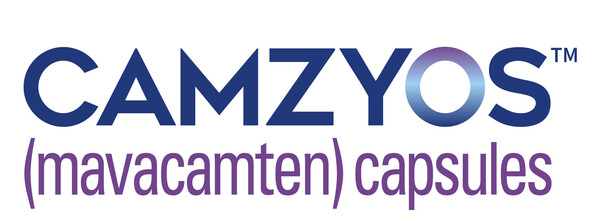Camzyos (mavacamten), BMS Korea’s treatment for obstructive hypertrophic cardiomyopathy, has passed the Health Insurance Review and Assessment Service's (HIRA) pharmaceutical reimbursement evaluation committee (PREC) after re-deliberation. However, four other drug ingredients, including sarpogrelate, will likely be removed from the reimbursement list due to the re-deliberation results.
On Thursday, HIRA held the seventh PREC meeting this year and released the results of its review.

Camzyos won approval from the Ministry of Food and Drug Safety (MFDS) in May of last year for treating adult patients with symptomatic (NYHA class II-III) obstructive hypertrophic cardiomyopathy by improving their exercise function and symptoms.
Camzyos was tabled on the sixth PREC review last month but was adjudicated for re-deliberation.
Camzyos was found to surpass the limitations of existing drug treatments that focus only on symptomatic relief. It improves the heart’s structure, resolves symptoms, and provides a more flexible approach to non-invasive treatment.
Handok's treatment for paroxysmal nocturnal hemoglobinuria Empaveli (pegcetacoplan) also passed the PREC review.
Empaveli binds to complement proteins C3 and C3b, which are part of the body's innate immune system, and inhibits the complement chain reaction to inhibit hemolysis in and around blood vessels, a mechanism different from existing complement C5 inhibitors, including Soliris (eculizumab) and is effective in treating nocturnal hemoglobinuria.
Empaveli won approval from the MFDS in late April to become the first product introduced by Handok's recent joint venture with the Swedish Orphan Biovitrum Sobi, a global biopharmaceutical company specializing in rare diseases.
Mitsubishi Tanabe Pharma Korea's Uplizna (inebilizumab), a treatment for the optic neuromyelitis category, passed the PREC review with the condition that the company will accept a drug price below the government's assessment.
Uplizna won the MFDS approval in August 2021 for treating optic neuromyelitis in adult patients who are positive for anti-Aquaporin-4 (AQP4) antibodies.
On the same day, the HIRA also released the results of this year's reassessment of the appropriateness of registered drugs’ reimbursement.
Seven drug components were subject to reassessment -- thioctic acid, pranlucast hydrate, itopride hydrochloride, sarpogrelate hydrochloride, levodropropizine, mosapride, and formoterol fumarate hydrate. Three of the seven components -- thioctic acid, pranlucast hydrate, and mosapride -- were recognized as appropriate for reimbursement.
However, the PREC determined the other four ingredients were not appropriate.
According to the review, itopride hydrochloride and formoterol fumarate hydrate have no clinical usefulness, and sarpogrelate hydrochloride and levodropropizine were evaluated as having unclear clinical benefits and are not cost-effective.
As a result of the re-assessment, these four ingredients will be removed from the reimbursement list. However, related pharmaceutical companies can appeal the decision within 30 days of receiving the results for another PREC review.
Related articles
- Extremely rare disease drug Ceprotin clears major hurdle to reimbursement
- BMS exec celebrates winning nod for 6 drugs in Korea in 2 years
- BMS’ Camzyos, 1st drug for obstructive hypertrophic cardiomyopathy, to get coverage next month
- BMS wins Korean nod for Augtyro, joining Roche and Bayer in tumor-agnostic cancer race

